24 Essential Homestead Skills You Need to Master
Some people like to prepare for the worst by mainly stocking up on food and supplies, which is wise. Others take a more hands-on and skills approach, learning how to do things for themselves in case of an emergency. If you’re curious about the latter, then you’ll want to check out this list of 24 homestead skills.
What Are Homestead Skills?
Homesteading skills are those skills necessary to live off the land. In a modern context, this generally means having some knowledge of gardening, animal husbandry, food preservation, and basic home repair. However, the term homesteading can also encompass a wide range of other skills, such as carpentry, knitting, canning, and even soap-making.
The important thing is that homesteading skills provide a way to be self-sufficient and live a more personal approach to their sustainable lifestyle. For many people, homesteading is about reconnecting with the natural world and learning how to live in harmony with the land.
Whether you’re interested in becoming a full-fledged homesteader, or simply want to learn some useful skills, acquiring some homesteading skills is a great way to start.
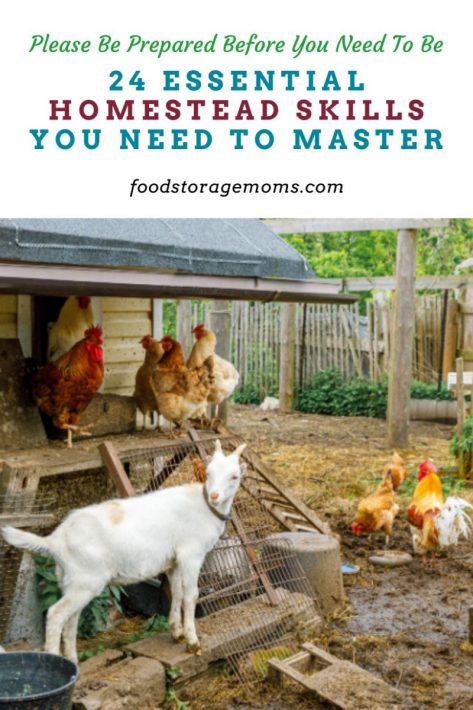
24 Homesteading Skills You Should Master
Whether you’re a prepper, or just enjoy the homesteading lifestyle, there are certain skills you should master. These 24 homesteading skills will help you be self-reliant and get the most out of your land:
Grow a Garden Using Seeds
If you want to be self-sufficient, you need to know how to grow fruits and vegetables from seeds and not just plants. Seeds are cheaper than plants, and you’ll have more control over what and how things grow in your garden. You can also save money by harvesting your own seeds from last year’s crop in many cases. I get my seeds from SeedsNow. Be sure to check out the links below for some great guidance regarding gardening.
Learn to Compost
Composting is a great way to reduce your waste, save money on fertilizer, and help your plants grow. The effort to compost ties in very well with your work for a successful garden. It’s easy to do, and you can make compost from things you would normally throw away, such as food scraps and leaves. Read Composting Basics All the Skills and Tools You Need for more information.
Keep Chickens for Their Eggs
Chickens are a great addition to any homestead. They provide fresh eggs, and they’re fun to have around. Chickens are also good for your garden, as they eat bugs and help fertilize the soil as you use their droppings in your soil. You can also raise chickens to eat for meat. Be aware that some communities restrict having chickens on your property, so research what is allowed.
Also, having chickens is a great way to teach kids the importance of work, doing daily chores like feeding the birds, the need for cleanup as you properly maintain the chicken coop, etc. Check out my posts:
Preserve Food From Your Garden
One of the best things about having a garden is being able to preserve your own food. Canning and pickling are great ways to do this, and you can learn how to do it yourself with some simple supplies.
When our girls were young and we lived in the Logan, Utah area, we had half an acre of land. It gave us a chance to have the biggest garden we’d ever had. Our girls were excited as they watched the beans, strawberries, and other plants sprout and grow. We made some wonderful memories each year as we worked together to gather the “fruits of our labors” and then can the fruits and veggies for future use.
Check out my post: Frugal Way To Preserve Your Food for more information.
Make Your Own Butter
Making butter is easy, and it’s a great way to use up extra milk and cream. You can make butter from raw milk, but you can also make it from store-bought milk. All you need is a little time and a lot of patience.
The main challenge is all the “churning” (mixing) that has to take place. Using an electric mixer is a lifesaver. I have to smile when I think of my anestors doing it all by hand.
Learn more about butter in my post: Butter: Everything You May Not Know.
Use Natural Remedies
Homesteaders are often interested in using natural remedies for common ailments. This can include things like herbs, essential oils, and even acupuncture. Natural remedies are usually less expensive than conventional treatments, and they often have fewer side effects.
One great side benefit is the option of raising the herbs and other plants you’ll use to make the remedies right there in your own garden spoken of earlier.
Make Your Own Soap
Soap-making is a great way to save money and avoid harsh chemicals. You can make soap from scratch, or you can repurpose used soap. Either way, you’ll end up with a product that’s good for your skin and the environment. If you haven’t tried my homemade soap yet, check the link below and give it a try. You’ll save money, know fully what is actually in the soap, and your clothes will thank you by coming out really white and bright and smell fresh too.
Learn First Aid & CPR
In an emergency, it’s important to know how to administer first aid and CPR. This could mean the difference between life and death. You can take a class, or you can learn from a book or online tutorial. I’ve mentioned before, we took a C.E.R.T. (Community Emergency Response Team) class some years ago that was taught by the local fire department. It was great to have a refresher course for both Mark and me. It would be well worth your time to see if the class is available in your area and then sign up. You’ll be glad you did.
The Red Cross and other organizations also often make this training available for a very nominal cost.
Build a Solar Oven
A solar oven is a great way to cook food without using electricity. You can use it to bake, boil, or even fry food. Solar ovens are relatively easy to build, and they’re a great way to be prepared for a power outage. Or, you can buy one like this one.
When we were in Southern Utah with all those sunny days, we often would put our solar oven to work. Yes, I’ve baked bread, cooked casseroles, and fixed other entrees for dinner. Check it out!
Make Your Own Cleaning Products
Many store-bought cleaning products are full of harmful chemicals. You can avoid these chemicals by making your own cleaning products from natural ingredients. This is not only better for your health, but it’s also better for the environment.
You’ll find that vinegar is a very popular ingredient for these products. Some great things about vinegar include low price, easy access, and it’s pretty safe to use, in most cases. Be sure to check out what’s recommended by manufacturers before using vinegar and other homemade cleaning agents on your household items.
Harvest Rainwater
If you live in an area with frequent droughts, it’s important to know how to harvest rainwater. This can be done with a rain barrel or other type of container. Harvesting rainwater is a great way to conserve your other water sources and help be prepared for a drought.
You’ll want to look into a filtering system for the water since it may contain silt, leaves, and chemicals as the rain drains from your rooftop or patio cover. Check my archives for more information on water filtration and storage, there’s a bunch of info there.
Learn How to Build a Fire
Building a fire is a valuable skill, whether you’re trying to stay warm in an emergency, cook meals, or just want to roast marshmallows. You’ll need to know how to choose the right wood kindling, build a “teepee” to keep the fire progressing as it gets bigger, and possibly how to light a fire without matches.
- How to Start a Fire in a Fire Pit
- 15 Different Ways to Make Fire Starters
- Types of Fire Starters to Stock
Identify Edible Plants
Foraging for edible plants is a great way to get free food. But before you start eating everything in sight, you need to learn which plants are safe to eat. You can find this information in a field guide or online. I think most of us would be surprised at how many local plants can be eaten safely. Do your research first.
Know How to Fish
Fishing is a great way to get fresh fish, and it’s also a fun hobby. But before you head to the lake, stream, river, or ocean, you need to know how to bait a hook, cast a line, and clean your catch. You can learn these skills from a book or from someone who knows how to fish. There are so many options for the fish to be caught, how best to fish for various species, places to go for a successful fishing experience, the types of bait and lures, and so much more.
Hunt for Your Own Food
Hunting is a great way to get free food, but it’s also a great way to bond with nature. If you want to start hunting, you need to learn how to find game, track animals, and use a weapon. You can learn these skills from a book or from someone who knows how to hunt. You may be surprised at the cost to acquire the necessary weapon and ammo. Yes, you can make your own by learning to load or reload, but there is always the upfront cost.
Safety is a critical issue, both while you’re out hunting, and when you get home and need to properly store the equipment. All states have restrictions for getting a license based on age, classes taken, the type of prey you plan to hunt, etc. Take your time and learn the critical issues of becoming a safe and successful hunter.
Tying Knots
Tying knots is a valuable skill, whether you’re trying to secure a load or just want to make a lanyard. There are many different types of knots, and each has its own purpose. You can learn how to tie knots from a book or online tutorial.
Know How to Cut Down a tree & Split Wood
If you live in an area with lots of trees, it’s important to know how to cut them down and split the wood. This can be done with a chainsaw, ax, or maul. Before you start chopping, make sure you know how to use the tools safely.
There are probably a number of restrictions on where you cut trees down, what kind can be harvested, if they are alive or dead, etc. Review what is required for a wood cutting and gathering permit and follow the rules. There are also some issues of private vs public land, so be aware of those limitations.
Learn to Sew & Make Your Own Clothes
If you’re interested in saving money, you should learn to sew. Sewing is a great way to make your own clothes, and it’s also a useful skill to have in an emergency. You can learn to sew from a book, local class from a fabric store, or online tutorial.
My mom was an avid and excellent seamstress. I learned a lot from her and actually made most of the clothes for my girls when they were very young. They all have their own sewing machines now, but I’m not sure the machines get much use. LOL
Purifying Water
If you’re ever in a situation where you don’t have access to clean water, you need to know how to purify it. There are many different ways to purify water, but boiling is the most effective. You can also purify water with bleach or iodine.
Smoke Meat & Cheese
Smoking meat and cheese is a great way to preserve food. It’s also a great way to add flavor. If you’re interested in smoking meat and cheese, you need to learn how to choose the right wood, build a smoker, and cure the meat.
Bake Bread
Baking bread is a skill that has been passed down for generations. It’s a great way to provide needed nourishment for your family, and it’s fun to make your own bread. It’s also a great way to bond with family and friends. If you’re interested in baking bread, you need to learn how to choose the right flour, knead the dough, and proper baking techniques. Yes, you can learn to make the best bread around!
Dehydrate Foods
Dehydrating food is a great way to preserve it. Dehydrated foods will last for months, and they’re also lightweight and easy to transport. If you’re interested in dehydrating foods, you need to learn how to choose the right food, prepare it for dehydration, and use a dehydrator, including the sun.
Basic Mechanic Skills
If you own a car, it’s important to know how to do basic maintenance. This includes changing the oil, checking the fluids, and changing the tires. You can learn these skills from a book, a local trade school, or an online tutorial. Mark has always wished he’d learned more about car repairs, and he marvels at what some of our sons-in-law know and do.
Tap Trees
If you live in an area with maple trees, you can tap them for syrup. This is a great way to get free syrup, and it’s also a great way to bond with nature. If you’re interested in tapping trees for syrup, you need to learn how to choose the right tree, tap the tree, collect the syrup, and then properly store it for use later.
Final Word
There are many homesteading skills that you should master. But these are some of the most important. By learning these skills, you’ll be able to provide for yourself and your family in an emergency. What are some homesteading skills you know how to do? Share them in the comments, below! May God Bless this world, Linda
Copyright Images: Goats and Chickens AdobeStock_486368547 by Юлия Завалишина

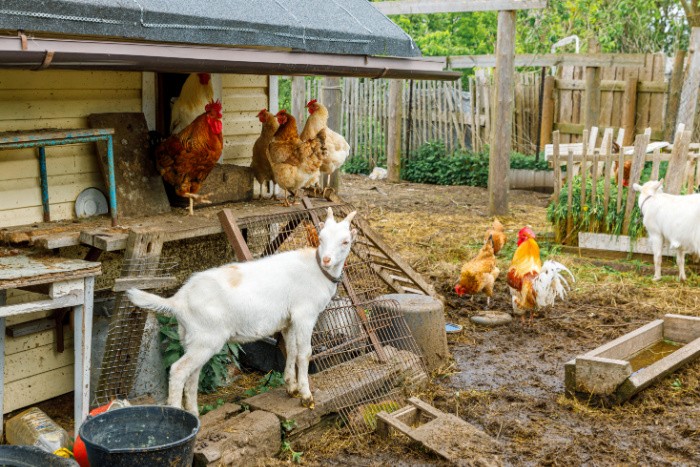


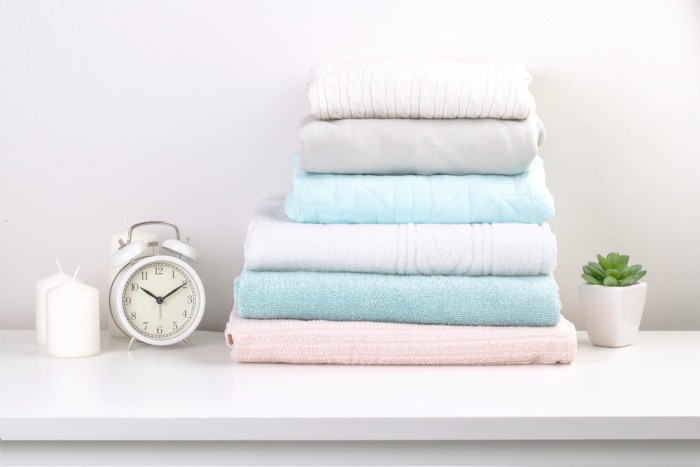
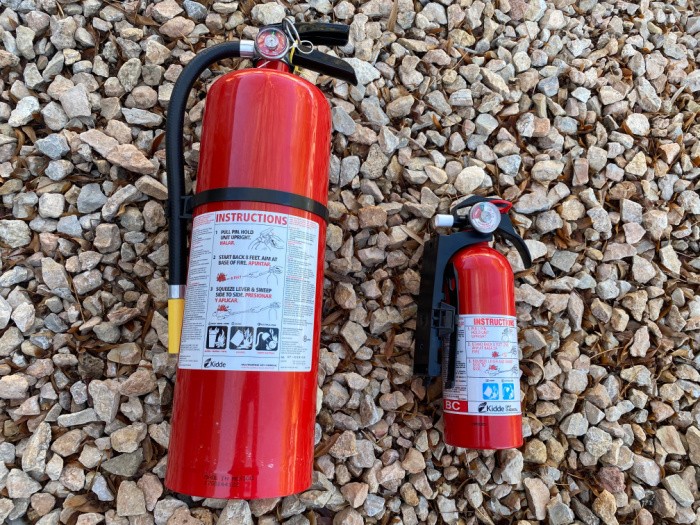
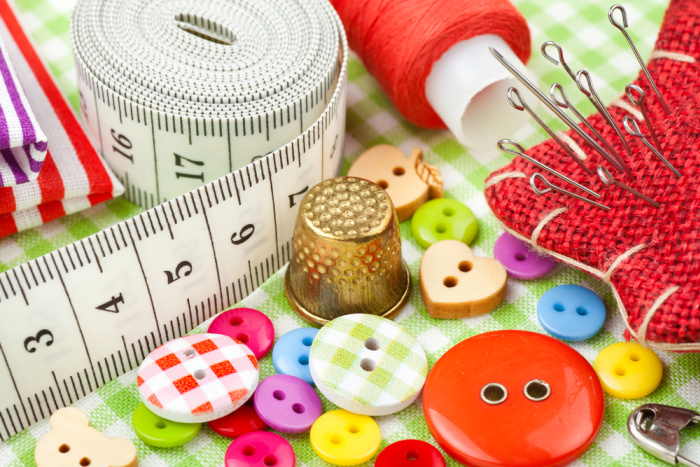
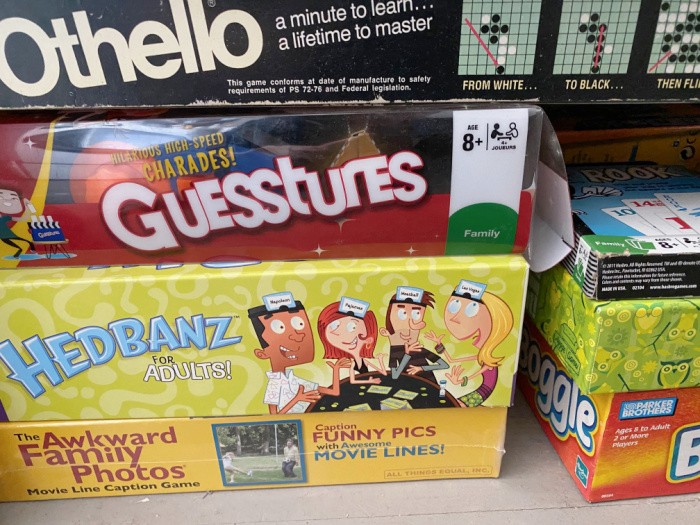
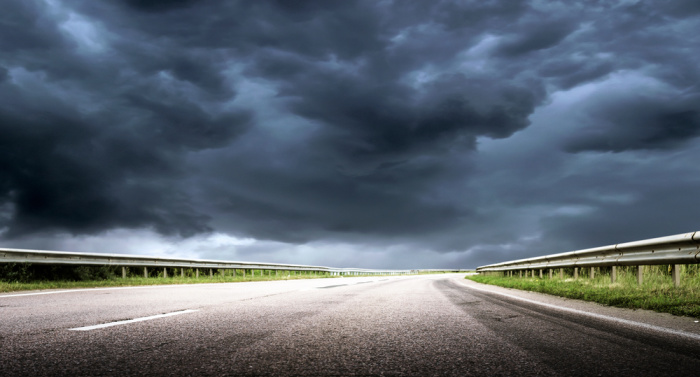
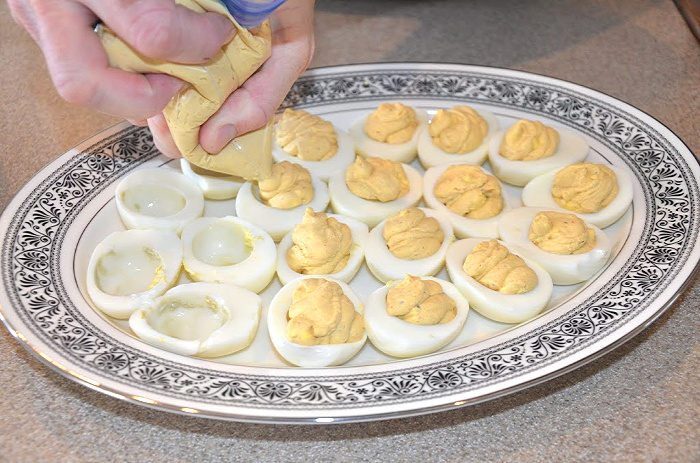
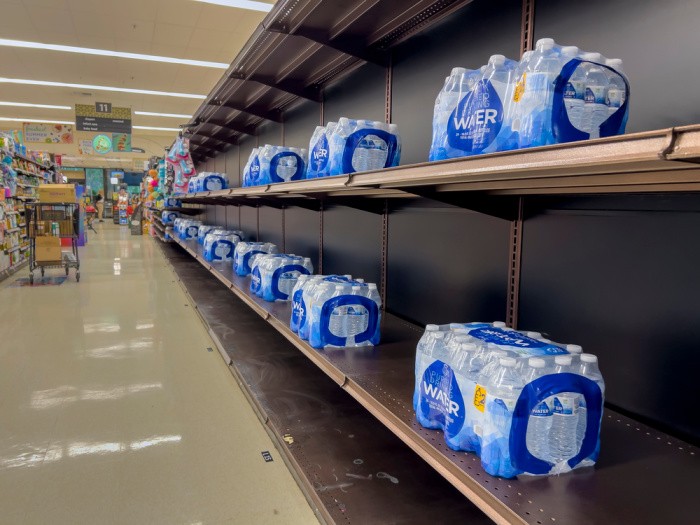
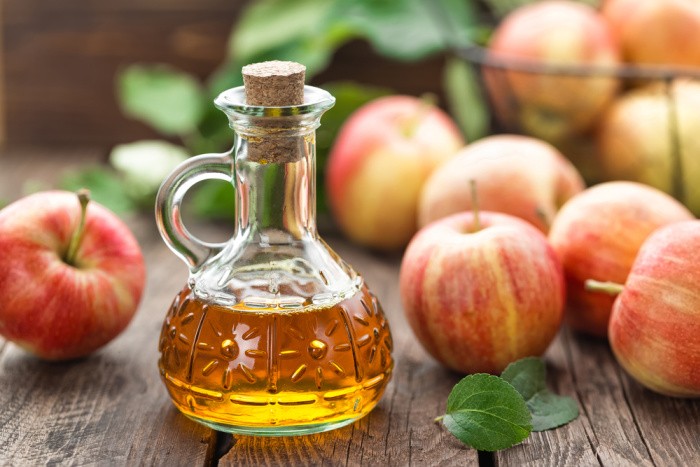

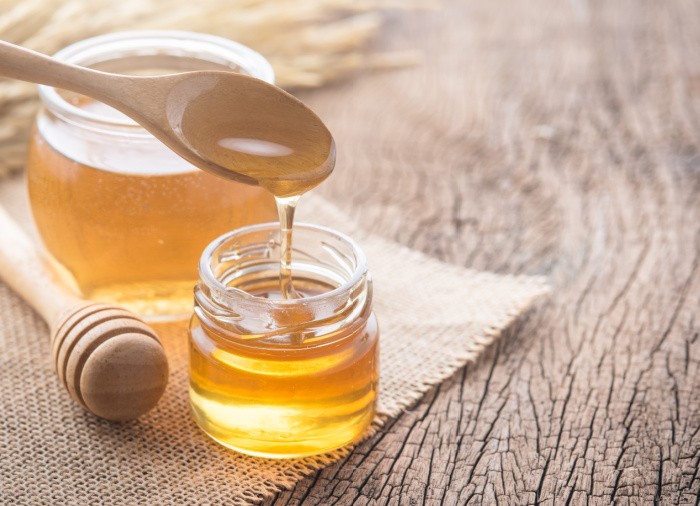
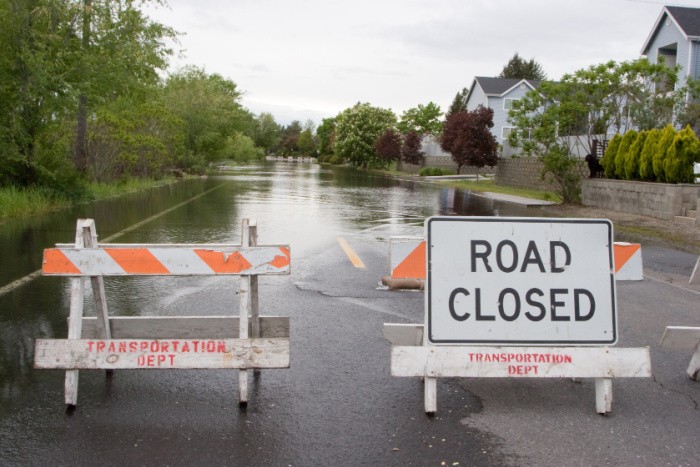
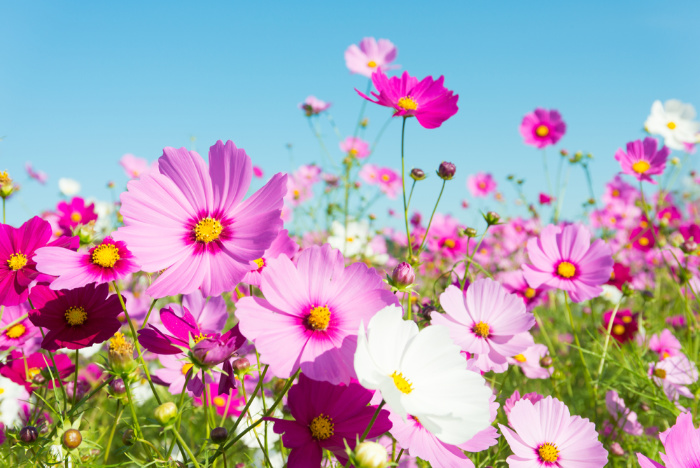

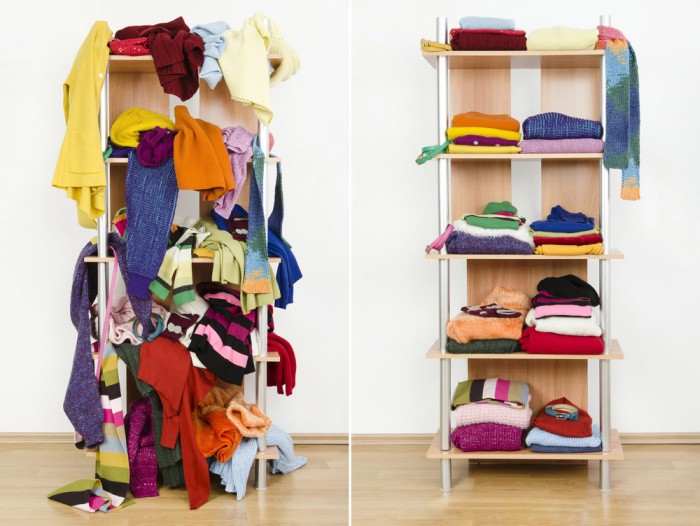
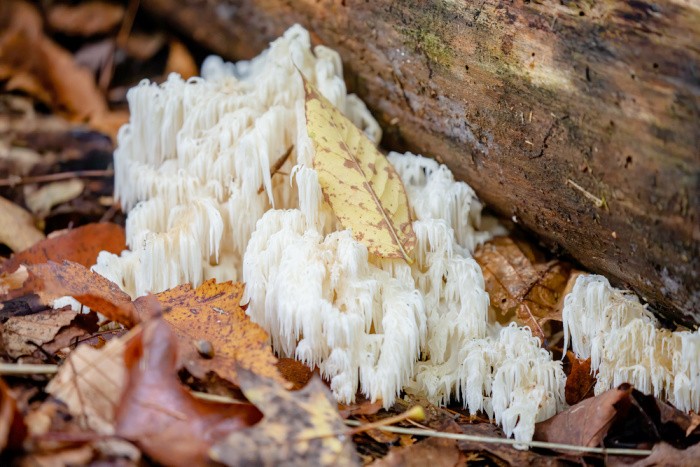
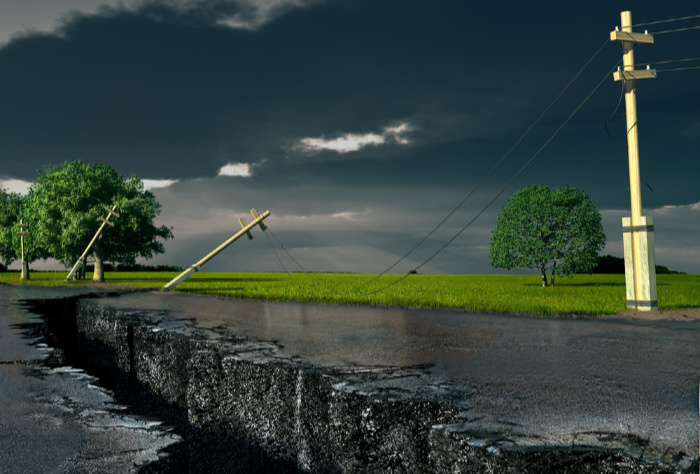
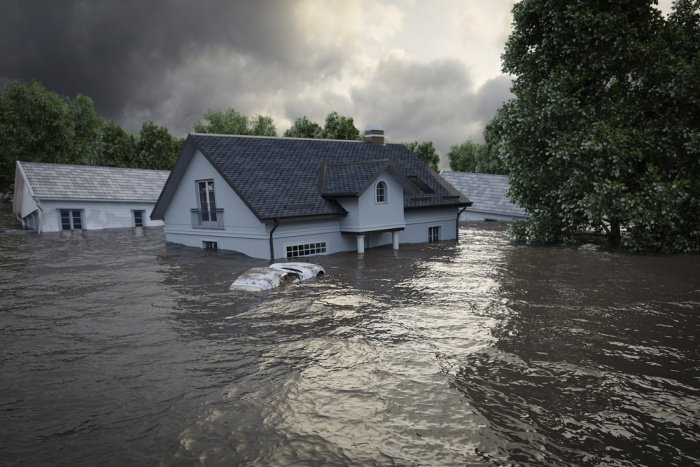


The pandemic certainly brought many into trying these skill sets but the majority still remain in a state as far away from them as they can.
Even in my life it’s a constant battle with the mindset of other generations and teachings. When you have to tell a 4yr old it’s ok to get dirty when you used to never be able to keep one clean. When you watch a relative buy chickens to raise then declare they will never ever touch one. When folks move to a homestead “to be more independent” then want you to help them take the car in because the battery died rather than turn a wrench twice and replace it themselves.
My neck is sore from shaking my head and my vocabulary isn’t growing but I keep pushing that rock up the hill
Hi Matt, yep, you nailed it again, my friend. The battery, wow. All we can do is keep pushing that rock up the hill. I like that! Linda
Linda, I would add learning how to barter to this list. People can do that by going to garage sales and swap meets. I regularly swap my apples, nectarines, plums and veggies to my neighbors for their figs, apricots, almonds, etc.
I’ve done almost everything on your really good list, but have never tried to make butter. I’ll have to do that because we eat a lot of butter and it simply never occurred to me to make my own–duh!
Hi Ray, when I was little, I whipped some cream so much it became butter, or at least my mom said it was butter! LOL! You are so blessed to have so many fruit trees and a great garden. Trading with neighbors is the best. Once I can garden again, I will start trading with neighbors, I miss that. Great comment, Linda
Linda, so if I understand it correctly, you start with cream (and possibly a small amount of salt, then beat it up with your mixer until it forms butter? How long does that take? Can you do it with whole milk?
My grandma had a wooded butter churn. She used the cream from her Jersey milk cow to make butter, but if I remember correctly it took forever churning that paddle up and down to make it.
Ray, as I understand it, the more you are making, the longer it takes. You can make butter from heavy whipping cream in just a quart mason jar. Put in cream, shake slowly and it takes just a couple minutes to whip the cream, keep skaking slowly and another 5 minutes or so it will be butter. I remember trying it when the kids were little. Google it for lots of info. Have fun!
Thank you Jan.
Hi Jan, thank you for the information on making butter. We used to make ice cream in a #10 can rolling it all over the yard. An ice cream maker is sure easier. Great tip! Linda
HI Ray, I have only made “butter” by mistake using a KitchenAid mixer. I was about 10 years old or so and I wasn’t watching it and my mom walked over and said, well we have butter now. LOL! I didn’t add anything to it. We just spread it over hot warm whole bread from the oven. It looks like Jan is telling us how to make it in a quart jar. Linda
Ray, yes, bartering is the GREATEST!! We often have too many essential oils at our home, due to the many “freebies” that are given with each order! Our organic farmer friends like E.O.s but don’t have tons of money rolling around, so we tell them what extras we have on hand to see if they want anything. Then, we take the “credit” from the EOs and go over to their little farmstand “store” to buy ground beef, ground pork, honey or maple syrup!
We LOVE doing this, as we often find the EOs need to be cleaned out again, and it gets us free high quality food! At $10 a 5 ml. bottle of EOs, that nabs us 2 1lb. “chubs” of grass -fed ground beef, which we consider a huge bonus!! What a budget saver!!
HI Jess, what a blessing for both of you! Linda
I miss having fruit trees. We had peach and pear trees at our old place. Husband is into berries now and has beautiful blackberry brambles that are producing like crazy this year. I’ve put up syrup and will be making jelly tomorrow. He can’t eat the seeds but can enjoy the juice from them. We’ve also got strawberry plants.
Hi Paula, it is so hard to leave behind some flourishing fruit trees. But, I would love blackberries!! Strawberries are awesome as well!! There is nothing better than going out and picking fresh fruit or vegetables. I can almost smell the blackberry jelly and syrup!! Yummy! Linda
AND blueberries are SO EASY! You simply need to put Espoma’s Hollytone or Berry Tone on them just before the buds break. (You can buy these at quality farm & garden stores or on Amazon.) We used to exclusively use Hollytone, which is awesome, but then we found the BerryTone and swear by it. Since we started with Berry Tone, we get the biggest blueberries ever and such great flavor, so many that we have to ask friends to drive over and help us pick! They get the fresh berries for free and we get “farm hands” working for free. We do the same with our blackberries and purple dessert raspberries, too.
I do prune the blueberries about 1x 2-3 years, but that is also very simple. Just prune the dead or weak-looking branches off when the plants are dormant, and there are no prickers!! We found out from a professional grower that blueberries do best when pruned down to 5 young branches. Many more may be quite stressful on that plant to produce so many blueberries. At first it felt like we would be losing too many berries, but in the end, we get tons and they are happier plants than we’ve ever had!
Hi Jess, oh I would love to grow some blueberries! Linda
A while back, I started learning homesteading skills, while I am not an expert, I can do quite a few of the things. I started with soap because I had a reaction to store bought soap. When I realized how different homemade is from store bought, I wondered about food. I started gardening, canning and preserving whatever I could. While I have cut back on the gardening, I can still do it, if times get tough.
Hi Janet, I think most of us have learned some homesteading skills without realizing what they are! We don’t need a lot of acreage, except for cows to have goats, rabbits, or chickens. Of course, most cities, not just HOA’s will not allow some animals unless you have a certain lot size. Over the years, we have learned about gardening, to can, and preserving food. These are all wonderful skills. Quilting, sewing, mending clothes, the list goes on and on. As long as we have the desire we can learn. You learned to make soap, I love it. Life is so good. Linda
I know in some cities rabbits aren’t considered livestock like chickens are. So that would be something to keep in mind. I would love to have chickens but we can’t at this point anyway!
Hi Paula, yeah, I can’t have any rabbits or chickens right now. Our neighbors have them. We can only do what we can do. So are rabbits considered pets and chickens are livestock, interesting? Thank you for the heads up. Linda
Good for you, Janet! Do you have any favorite soapmaking recipes you could share with this group? I would love to learn what you know about making soap!!
My husband is quite picky and reacts to a lot of chemicals, so we trek all the way over to Buffalo every once in awhile (stop while passing thru the area, mostly) and buy 15+ bars of Whole Foods’ unscented glycerin soap. I just call up the department manager, and she orders me from 1/2 case to a whole case of the unscented (French milled) glycerin soap for whatever day we might be driving thru. Then we buy some organic snacks and keep driving the rest of the way to our destination (Amish Country PA, usually). Husband loves that glycerin soap and uses it also for shampoo, which saves the budget as well.
Not me, I am spoiled rotten with my hair care products! I use Acure moisturing shampoo, which is cheap and all plant-based, in order to clean my hair & scalp. THEN I follow immediately with one wash of Biolage Ultra Hydra Source shampoo from the hair dresser. It does a GREAT JOB that way, leaves my hair very shiny and does not remove the expensive haircolor that this 70+ year old uses!
Thanks for anything you can share about your soap-making talents.
YouTube has plenty of soap making recipes. I like SoapQueen. The first think you do is watch a video on soap making safety. Goggles, gloves and makes are essential. I also keep a bottle of vinegar near to neutralize any spills.
I would love to have chickens for eggs but hubby says no. He does have a couple of points, mainly that now we are retired we are starting to go on longer camping trips and who would feed the chickens and collect the eggs.
Amazon has several butter churns similar to this one. https://amzn.to/3JJup18
For the shaking method, if you don’t want to use a mason jar to make butter, you can get one of these: https://amzn.to/3zO5Qvh
The real challenge would be if you don’t have a cow for milk, how do you make butter if the grocery stores don’t have whipping cream? I may have to learn since my youngest daughter decided to become a vegan while we were on vacation.
Hi Topaz, you know your hubby is right. If you want to go travel or camping it is hard to find someone to take care of your chickens. You may be lucky because Vegans do not eat or drink dairy. I have several family members who are Vegan. My feeling is this if we can’t get any butter we can eat warm bread from the oven plain or with some jam on it. I don’t stock a lot of butter. It’s nasty tasting. Red Feather is the only one I stock and it’s so expensive I treat it like gold. LOL! Linda